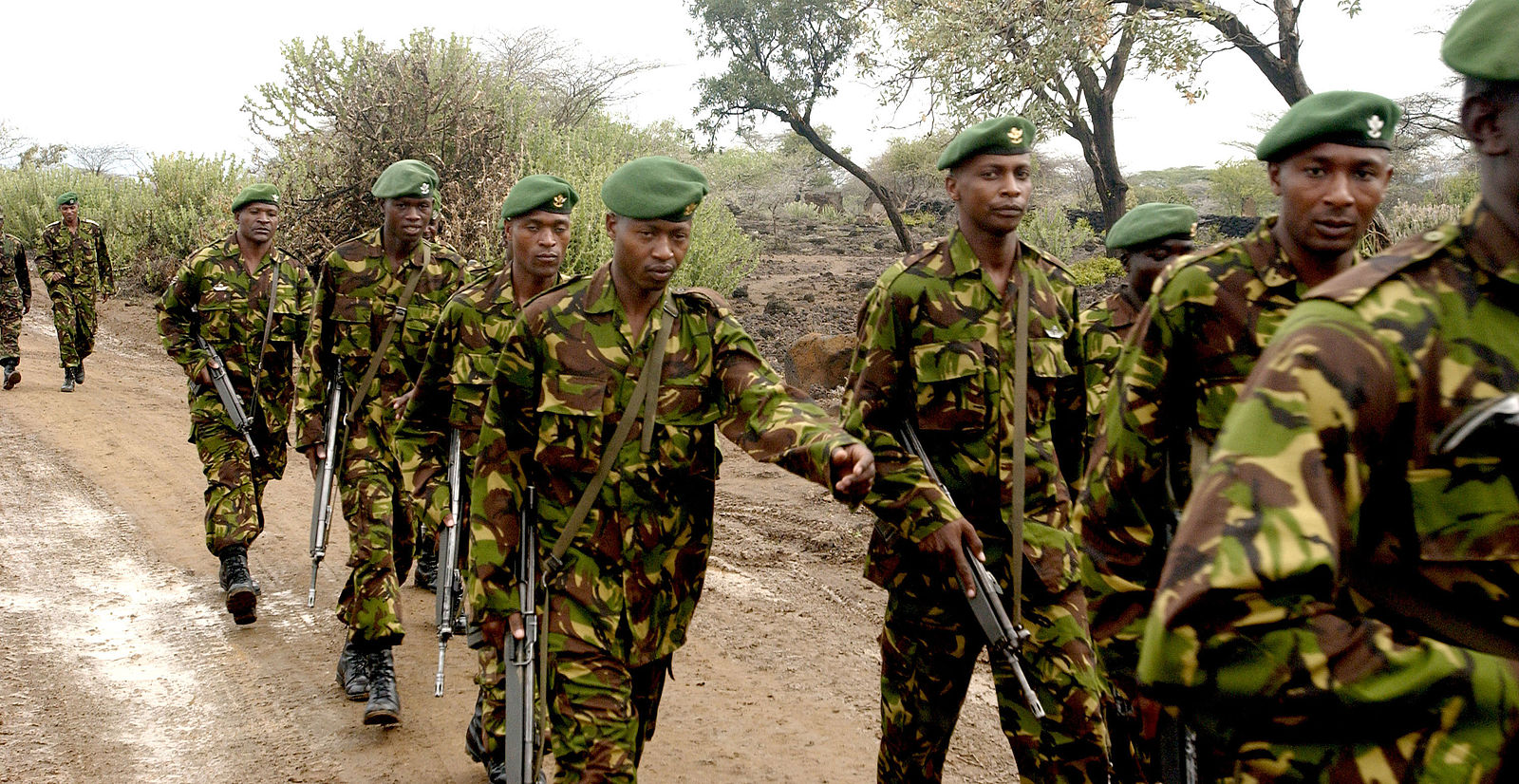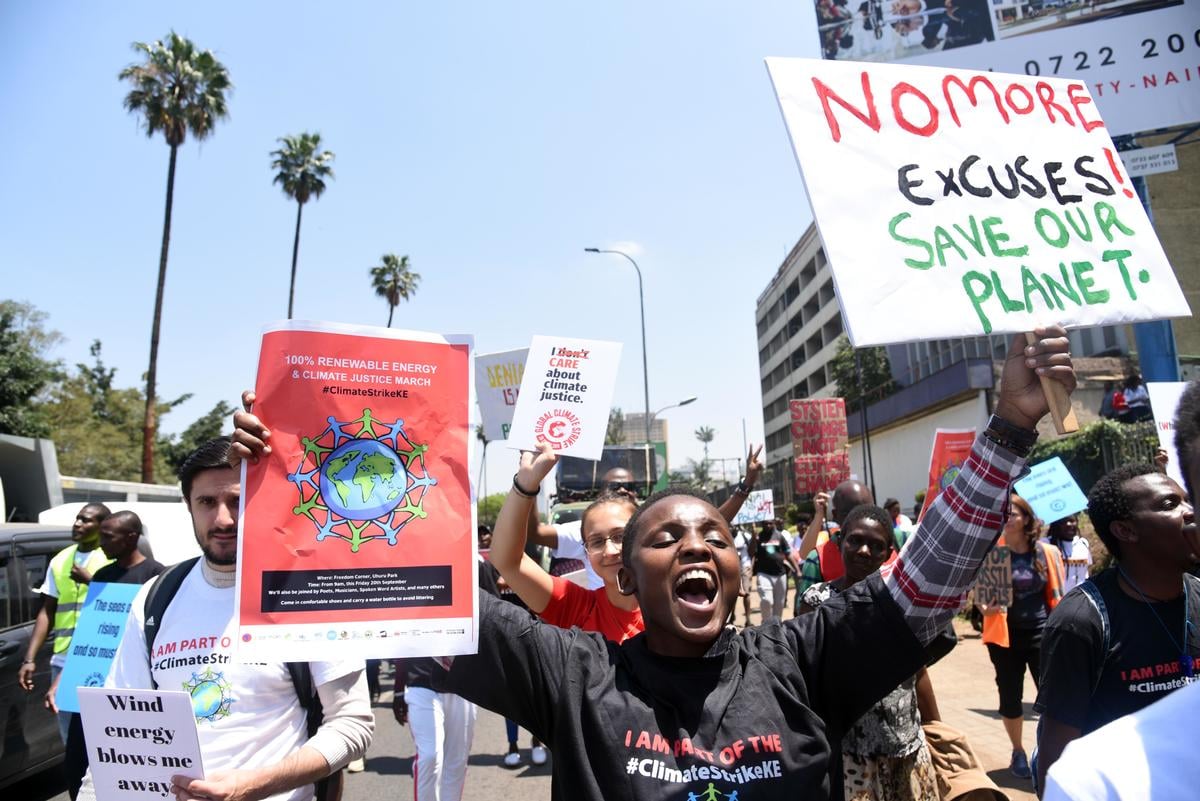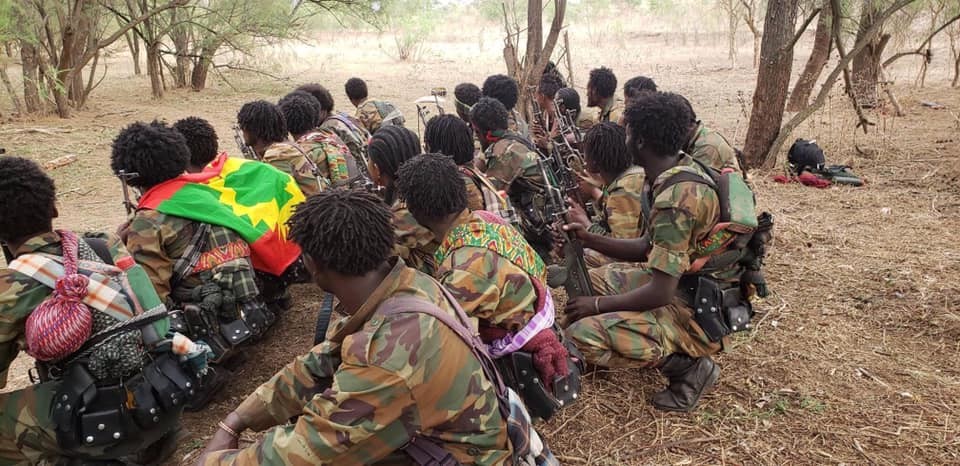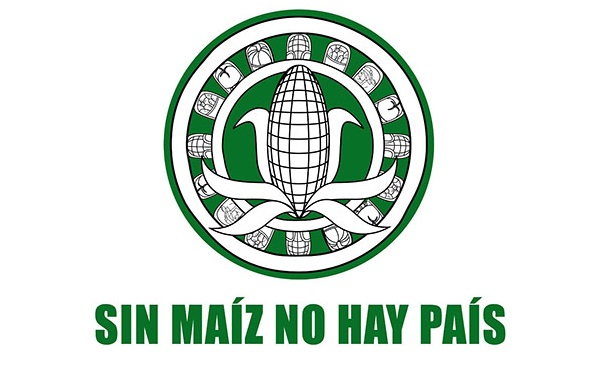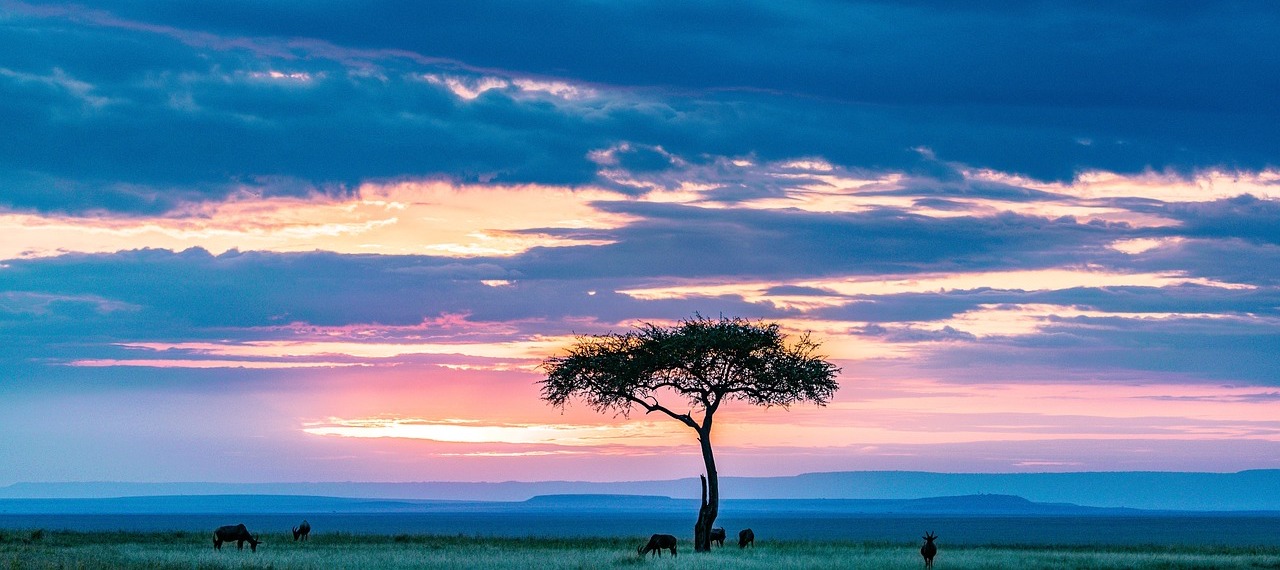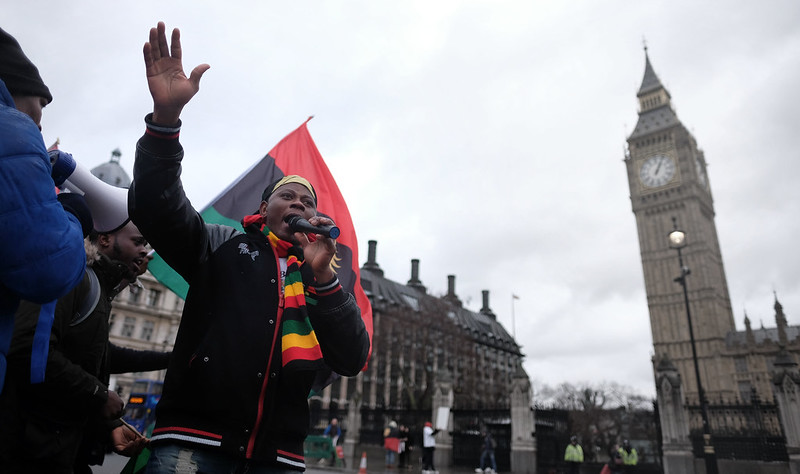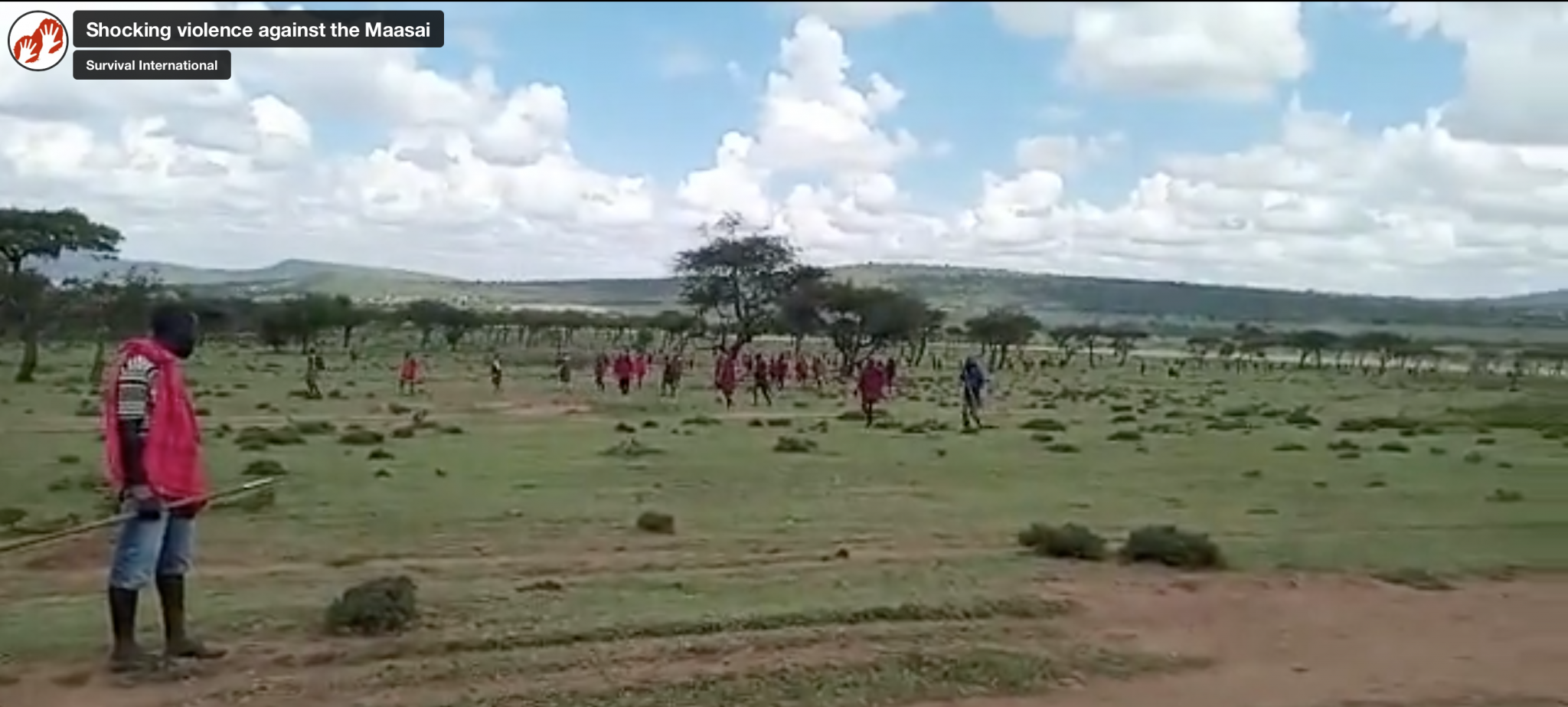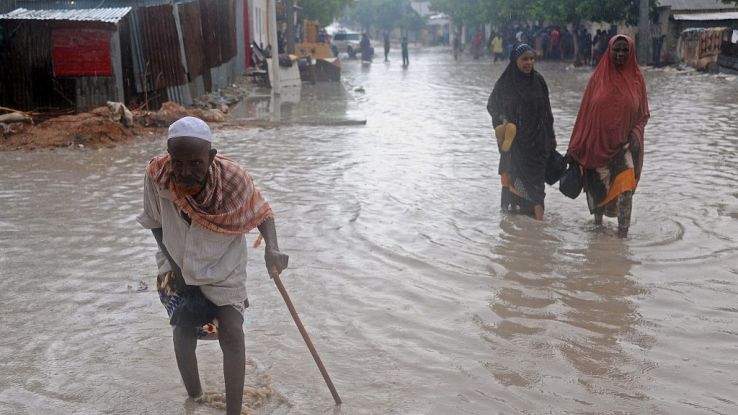
Why politicians shouldn’t play weathermen
Last month, Kenya’s President William Ruto announced that El Niño climate phenomenon, which has historically brought devastating flooding to the country, would not occur this year, contradicting weeks of warnings from meteorologists. Today, across the country, at least 60 people have died, over 50,000 more have been displaced, entire towns have been submerged, and hundreds of acres of farmland are under water as heavy rains associated with El Niño lash the region. And it could be even worse in neighboring Somalia, where nearly 1.2 million people have been affected, prompting the country to declare an emergency. The World Meteorological Organization predicts that this El Niño will last until at least April 2024, with impacts on food security worldwide. (Photo via Twitter)



